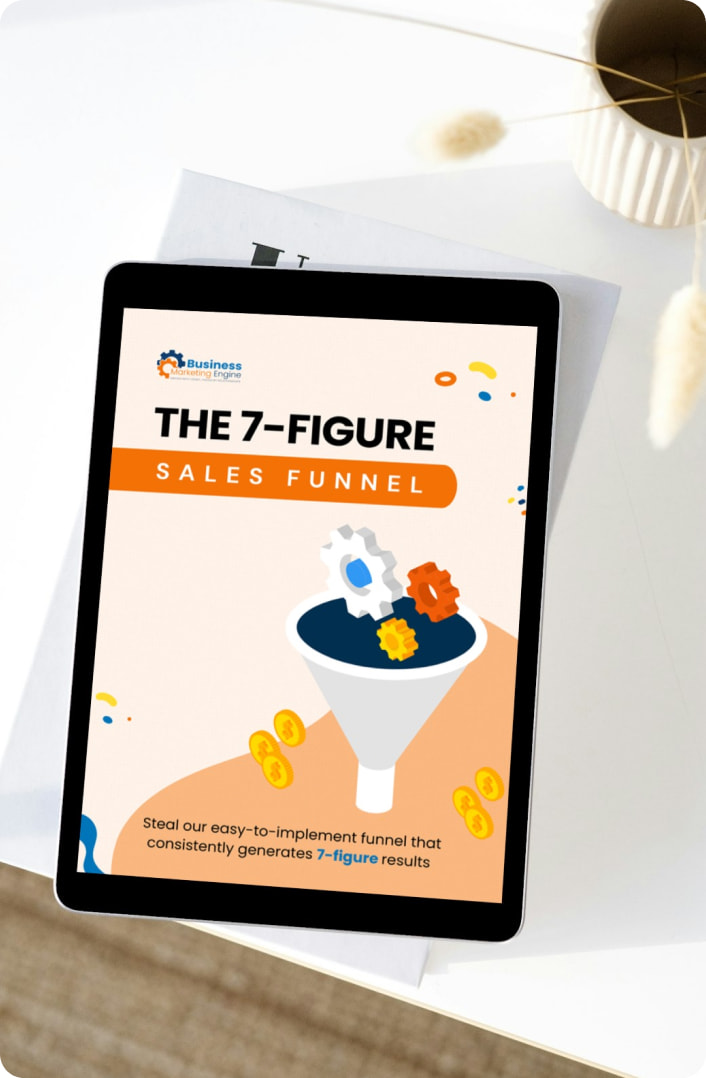The power of branding should never be underestimated. A strong brand can make all the difference when it comes to marketing success.
Creating a premium brand is essential for businesses that want to succeed in today’s competitive marketplace. It’s not enough to simply have a great product or service – you need to be able to communicate what makes your products special and worth paying for.
There are a lot of different ways that branding and marketing can work together. But it is important to understand the difference between the two concepts before diving in.
Did you know that each of these channels plays a role in branding, but marketing is what drives the promotional activities?
Branding is the process of creating an identity and image for a product or company. On the other hand, brand marketing is the process of promoting and selling a brand or company. It is about driving sales through promotions and marketing activities.
It is important to first create a strong new branding identity that can then be promoted through various marketing channels. That is… if you want to make branding and marketing work together.
Branding vs Marketing: What is the Difference?
Business branding and marketing are two very important aspects of any business. Both branding and marketing help to create awareness and interest in a company’s products or services. So the question is, what is the difference between branding and marketing? is there really a distinction between the two concepts?
Let’s find out…
Let me start off by defining what branding is: It is the use of a name, design, or other feature to identify a product or service – and distinguish it from other companies. It is one of the most important aspects of any business and can make or break a company.
Your brand feature is the reflection of your personality, voice, and your message. Therefore, product branding is the process of establishing these distinctions.
Now that we have identified what branding is, let us move on to marketing.
Marketing is the process of selling a brand by creating demand for a product or service through promotions. There are a lot of tools that can be used for your business’ marketing, and here are some of them:
- SEO
- Social Media Advertising
- Content Promotion
- Email Campaigns
Plain and simple, right? That being said, we can now conclude that:
Branding is the culture of the business itself, how you will be distinguished from the competition. How to show your target audience that you’re something unique. On the other hand, Marketing is the set of tools and techniques promoting your business.
Do you need help with your branding and marketing? Business Marketing Engine is the complete one-stop destination for all of your business branding needs. We provide premium branding and marketing that suits your business demands. Contact us today!
Now that we’ve discussed the difference between branding and marketing, let’s deep dive into why people are still confused about branding. So…
 What are the Common Misconceptions about Branding?
What are the Common Misconceptions about Branding?
There are many common misconceptions about branding. People often think that branding is all about the logo and the name, but there is so much more to it than that. Branding is the process of creating a unique identity for a product or company. It includes everything from the design of the logo to the way the product is marketed.
People also often think that all brands are the same. But there are actually different types of brands, each with its own unique set of characteristics. Some brands are mass-market brands, while others are niche brands. And each type of brand requires a different approach when it comes to branding.
Even experienced marketers sometimes mix up branding and marketing, and below are some of the misconceptions:
- Branding is advertising, promotion, and or marketing
Branding goes much deeper than marketing. All of the promotional activities such as advertising, marketing, etc. only communicate your brand culture and message. Your brand is composed of your personality, your message, and your voice; therefore branding is the process of establishing these traits.
- You are in complete control when it comes to your brand
Especially for first-time business owners, this is a very common misconception with new branding. The truth is, even though you are the one who set your brand support guideline for your company to follow… this does not make you the ultimate brand authority.
It is your customers who truly and ultimately define your brand. How they perceive your brand can make or break your business’ success. This is why it’s very important to create your brand values thoroughly, and this is the power of branding.
- A formula exists for branding success
We can measure everything in online marketing, right? But that doesn’t mean that
everything has a formula. No two companies are exactly the same. Yes, there is a similar
process in creating a brand for businesses in the same niche – but still, these businesses will still have unique needs and identities.
The truth is that there is no formula. You always have to consider your target audience’s interests and behavior. Therefore, branding is and will always be a customized experience.
Marketing or Branding: Which Comes First?
There’s no easy answer to the question of whether marketing or branding comes first. Just like when we were kids and asked which one comes first, is it the egg or the chicken? Hmm…
It is a fact that marketing provides the initial touch for the brand to drive sales. However, the content and messages that makes up your brand marketing point directly to the brand principles. That being said, it depends on a number of factors, including the size and scope of your company, your budget, and your overall goals.
If you’re a small company with a limited budget, you may need to focus on branding first in order to create awareness and build trust with potential customers. Once you have strong brand features, you can start working on marketing activities that will help you reach your target audience.
If you’re a larger company with more resources, you may be able to invest in both branding and marketing simultaneously. In this case, it’s important to align your brand advertising with your marketing strategy so that they work together to achieve your business goals.
At the end of the day, both branding and marketing are important for any business. The key is to figure out which one should come first based on your specific situation.
What do you think? Should businesses focus on marketing or branding first? Let us know in the comments below.
 Branding and Marketing: What are the Goals?
Branding and Marketing: What are the Goals?
I think one of the reasons it is difficult to differentiate branding from marketing is because of the common purpose they share. Both branding and marketing aim to attract clients in order to grow a company’s business.
There are different types of brands, each with its own unique goals. Marketing activities help to promote and sell products or services, while brand principles define how a company wants to be perceived by its customers. While both branding and marketing share the goal of increasing awareness and sales, they are two distinct disciplines that require different approaches.
Branding is all about creating an emotional connection with customers. It’s about establishing trust and making customers feel good about doing business with a company. Branding involves everything from the name of a company to its logo, colors, and overall image.
Marketing, on the other hand, is more focused on promoting specific products or services. It’s about communicating with customers and convincing them to buy what you’re selling.
So, what are the goals of branding and marketing?
There are different goals for each. Branding generally aims to build awareness and create an emotional connection with the customer.
Marketing, on the other hand, focuses on driving sales and achieving specific business objectives. However, both branding and marketing share the common goal of creating a positive reputation for the company.
Different types of brands have different goals. For example, a luxury brand might focus on creating an air of exclusivity, while a mass-market brand might focus on being affordable and accessible to as many people as possible.
Ultimately, though, all brands strive to be memorable and to create a positive association in the minds of consumers.
There are many different marketing activities that can be used to achieve different goals. Some common marketing activities include advertising, public relations, events, and sponsorships. Each of these activities can be tailored to fit the specific goals of the brand or company.
Use Branding and Marketing to Scale and Leverage your Business
Using the power of branding and marketing can help you take your business to the next level. By creating a strong brand, you can charge premium prices, attract high-quality customers, and scale your business more easily.
Creating a strong brand is essential to success in today’s competitive marketplace. A well-designed brand can communicate your unique value proposition, build customer loyalty, and drive growth.
There are many ways to leverage the power of branding and marketing to scale and propel your business. Here are some tips:
- Develop a strong visual identity. Your visual identity should be memorable and distinctive. It should convey the essence of your brand and differentiate you from your competitors.
- Create a compelling brand story. A great brand story will humanize your business and make an emotional connection with your customers.
- Invest in premium branding. Premium branding conveys quality and trust, two essential ingredients for success in today’s market.
- Leverage the power of social media. Social media is a powerful tool for building brand awareness and engaging with customers.
- Make the most of marketing opportunities. Marketing can help you reach new customers, build brand awareness, and drive sales.
These tips will help you to leverage and scale your business. With a strong brand, you’ll be able to attract high-quality customers, differentiate yourself from your competitors, and scale your business more effectively.
By investing in branding and marketing, you’ll be able to take your business to the next level. So what are you waiting for? Call Business Marketing Engine and start leveraging the power of branding and marketing today!

 What are the Common Misconceptions about Branding?
What are the Common Misconceptions about Branding? Branding and Marketing: What are the Goals?
Branding and Marketing: What are the Goals?



